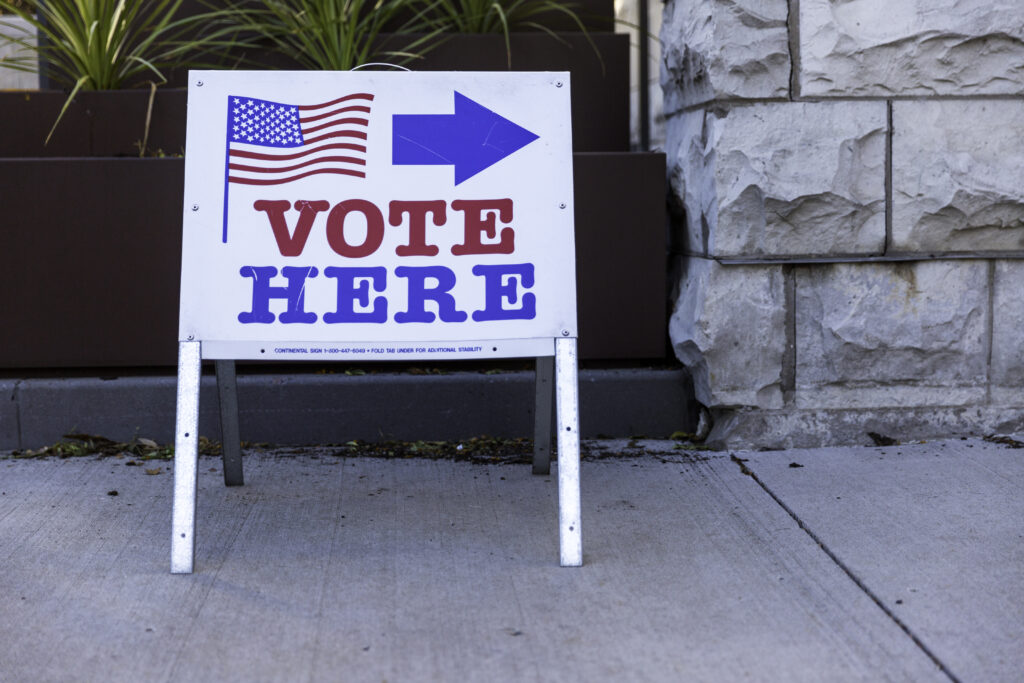On September 11, delegates from across the country will gather in Phoenix, Arizona at the Arizona Capitol Building for a historical event that could be remembered as one of the first steps toward enacting important constitutional reforms. State legislators will convene for the purpose of planning “a prospective convention for proposing a balanced budget amendment to the United States Constitution,” under the authority of Arizona House Concurrent Resolution 2022.
In recent years, the United States’ national debt has ballooned to greater than $19 trillion, causing numerous advocacy groups concerned about reining in out-of-control government spending to urge state lawmakers to enact an Article V amendments convention for the purpose of enacting a balanced budget amendment. Under Article V, two-thirds of state legislatures, currently 34, can approve and submit applications to Congress to call a convention of the states. Once a convention has been called, states, without the approval of Congress, can pass amendments to the Constitution. Once ratified by three-fourths of states, those amendments would become law.
The convention taking place next Tuesday in Arizona is not an Article V convention that will propose amendments, but lawmakers will use the convention to outline the procedures that would need to be enacted for a future amendments convention to run smoothly.
There are currently numerous Article V movements that could eventually lead to the passage of a balanced budget amendment. For instance, the Balanced Budget Amendment Task Force (BBATF), a coordinator of the Arizona Planning Convention, advocates for the use of Article V for a convention to propose a single-item balanced budget amendment.
As of August 1, 27 states have passed BBATF balanced budget amendment applications. Six more states must pass applications in order for a convention to be called. Idaho, Kentucky, and Virginia all introduced balanced budget amendment resolutions in 2017, but none of them passed.
Another influential Article V plan has been advanced by the Convention of States Project (COSP), which proposes the passage of amendments that would create a balanced budget requirement and term limits. Twelve states have active COSP applications.
Compact for America’s plan would streamline the amendment process and condense legislative acts. A total of five states have passed applications.
Experts awaiting the momentous convention in Phoenix remain uncertain about exactly what will come out of the Phoenix convention, but it’s important to note the convention is being held just as the Article V movement is gaining a lot of steam.
David Guldenschuh, a Heartland Institute policy advisor and president of the Committee for a Fiscal Responsibility Amendment, has reported 25 states have selected delegates for the Phoenix convention and “about 10 states are currently discussing the matter, but divided leadership and logistics are creating hurdles.”
Guldenschuh argues partisanship should not stand in the way of the convention. “The Phoenix convention is not about a ‘right’ or ‘left’ agenda; it’s about the states re-uniting our republic,” he said.
The Heartland Institute has had the privilege of working with many of the leading Article V groups in recent years, and Heartland experts will be in Phoenix next week to report on the planning convention. Heartland will provide daily updates, videos, and a live stream of the convention on the Heartland website. You can also check out lots of other articles, news, and opinion at Heartland’s Center for Constitutional Reform website and the Center’s Twitter page.
What We’re Working On
Health Care
Research & Commentary: Iowa’s 1332 Waiver Could Be a Bellwether for Other States
In this Research & Commentary, Senior Policy Analyst Matthew Glans examines a 1332 Affordable Care Act waiver in Iowa that requests the U.S. Department of Health and Human Services to allow the state to use estimated federal spending from Affordable Care Act tax credits on new state tax-credit and reinsurance programs. “Iowa’s waiver proposal is far from perfect. However, it does illustrate well the desperate situations that have been created by the ACA in many states and the ability of the waiver process to address these problems by giving states the flexibility to change their health care system,” Glans wrote. Read more
Education
Research & Commentary: The Lack of Quality Alternatives for School-Closure Students
In this Research & Commentary, Policy Analyst Tim Benson examines a new report from the Center for Research on Education Outcomes at Stanford University that examines the closure of low-performing public schools in the charter and traditional public school sectors. The study’s authors found the schools that closed were trending downward in reading and math achievement prior to closing, which led to lower enrollment, and Benson argues students should be allowed to attend the school of their choice using public school dollars, including private schools. “Private school choice alternatives give more families a greater opportunity to meet each child’s education needs. When parents are given the opportunity to choose, every school—private, charter, traditional public—must compete and improve, which allows more children to attend a quality school,” wrote Benson. Read more
Energy & Environment
Research & Commentary: Meeting Clean Energy Standard Mandates Could Cost New York Ratepayers, Businesses $1 Trillion
In this Research & Commentary, Policy Analyst Tim Benson examines a report by Jonathan A. Lesser of the Manhattan Institute titled “New York’s Clean Energy Programs: The High Cost of Symbolic Environmentalism.” Lesser’s report claims New York State’s 2016 Clean Energy Standard, which mandates Empire State utilities produce at least 50 percent of all the electricity sold in the state via renewable generation by 2030, will significantly raise electricity costs for New Yorkers while simultaneously having “no measureable impact” on the climate. Read more
Budget & Tax
Roadmap for the Twenty-First Century: Nine ways Trump and Congress Can Make America Great Again
The Roadmap for the Twenty-First Century Project is a collaboration of free-market economists located across the country. In a series of papers on major public policy issues facing the United States, Roadmap authors provide noteworthy, well-researched arguments about a number of important policy issues. In this paper, the authors tackle the most important domestic issues facing the country, including tax reform, regulation, and national defense. Formal co-sponsors of the project are the National Tax Limitation Foundation and The Heartland Institute. Additionally, Americans for Tax Reform and the American Legislative Exchange Council hold supporting roles. Purchase here
From Our Free-Market Friends
A State-by-State Analysis of Certificate-of-Need Laws
Thirty-five states and the District of Columbia currently impose certificate-of-need (CON) restrictions on the provision of health care. Decades of research by health economists, regulatory economists, and antitrust lawyers show CON laws fail to achieve their expressed goals, limit supply, and undermine competition. In this new analysis, researchers at the Mercatus Center show how CON laws correlate with health care market factors on a state-by-state basis. Read more




